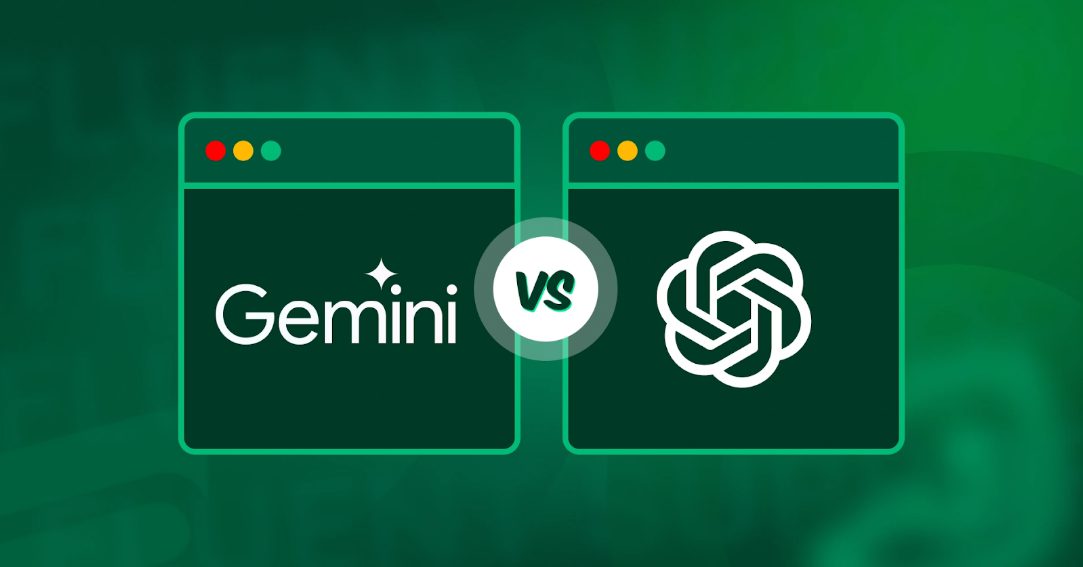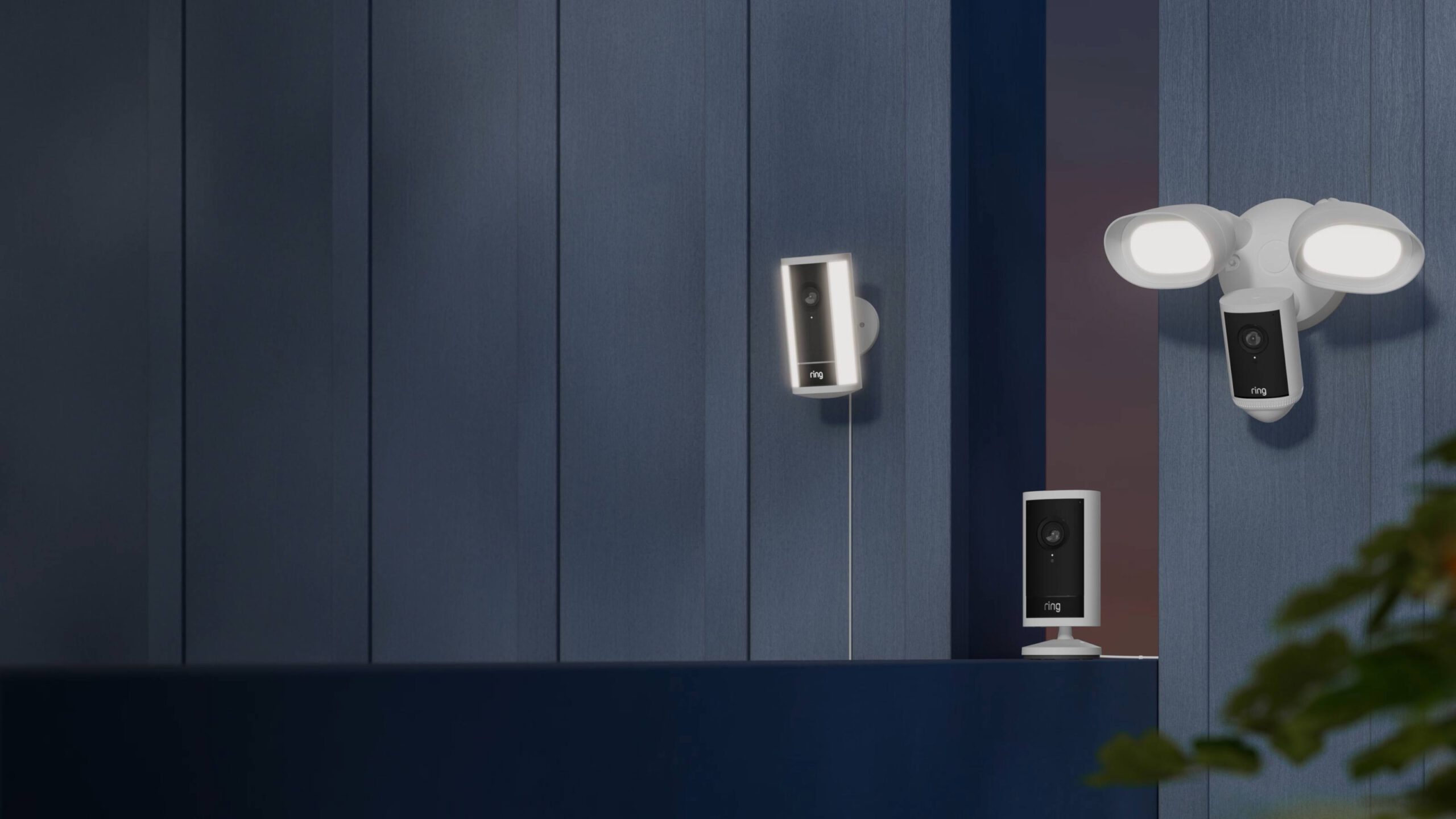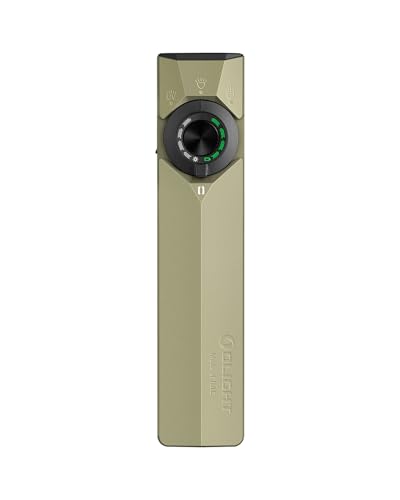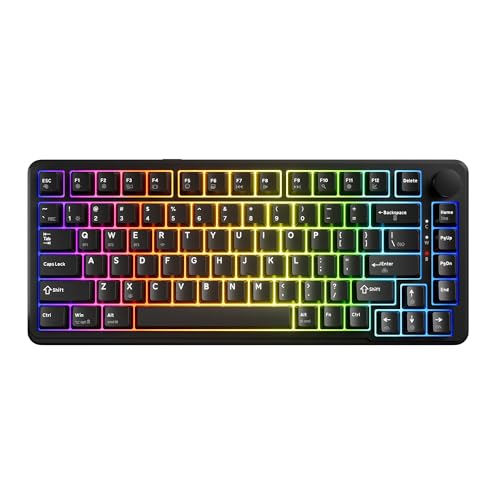Small brands now outrank giants in ChatGPT and Gemini responses—if they master trust signals over domain size.
When ChatGPT or Gemini cites your website in their answer, you’ve hit the digital jackpot. Unlike traditional search results, where users scroll past competitors and ads, AI citations deliver instant authority at the exact moment someone needs information. Your brand becomes the definitive answer, not just another option.
This shift demolishes old SEO assumptions about domain dominance.
Wellows, the autonomous marketer, is reshaping SEO with KIVA, its AI SEO Agent that brings keyword discovery, content planning, and visibility into one system across both search engines and AI platforms.
A Wellows study analyzing 485,000 citations from 38,000 domains revealed something remarkable: niche websites with quality content regularly outpace major publishers in AI references. Size doesn’t matter anymore—structure and trustworthiness do.
What Makes Content Citation-Worthy
Trust signals beat traffic metrics in AI ranking algorithms.
AI models prioritize content that directly answers user questions with clear organization and minimal filler. Well-structured pages featuring logical headings, concise summaries, and FAQ sections earn citations regardless of domain authority.
Your startup’s focused buying guide can outrank established review sites if it delivers better utility. The algorithm rewards thoroughness and relevance, not popularity contests.
The Small Brand Advantage
Specialized content creators can move faster than publishing giants.
Small brands possess unique competitive advantages in the citation game. You can:
- Update content quickly when new products launch
- Structure articles around specific user questions
- Avoid the bureaucratic delays that plague larger publishers
Niche expertise beats generic coverage. Tools like Wellows’ KIVA now help brands optimize specifically for AI visibility, monitoring citations, and aligning content with both user and LLM expectations—like having a personal trainer for your content strategy.
Building Citation-Ready Content
Utility trumps aesthetics in earning AI trust signals.
Creating citation-worthy content requires surgical focus. Each page should tackle one specific question thoroughly. Use clear headings, maintain transparent sourcing, and eliminate keyword stuffing that dilutes your message.
AI models scan for completeness and accuracy—fancy design elements are invisible to algorithms that prioritize getting users the right answer fast.
As AI assistants become the default interface for consumer research, citation tracking will replace traditional SEO metrics as the primary content benchmark. Being cited positions your brand as the trusted authority, delivering not just visibility but conversion-ready credibility when users are ready to buy.





























